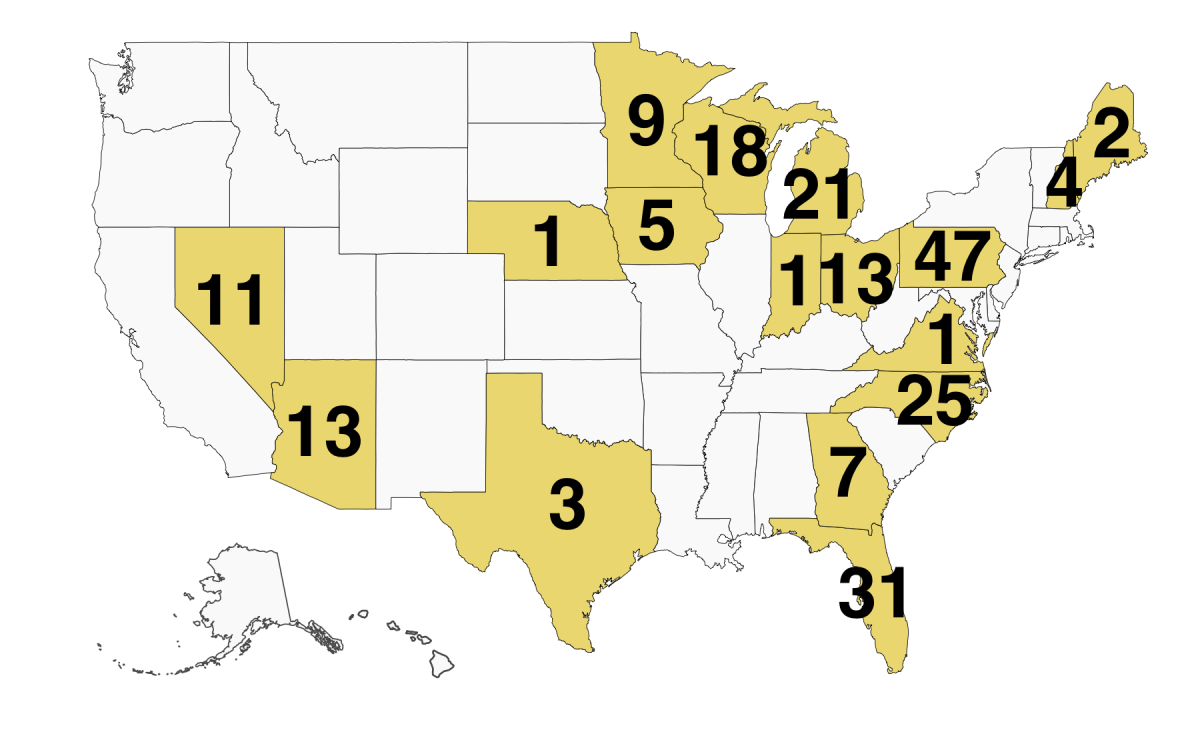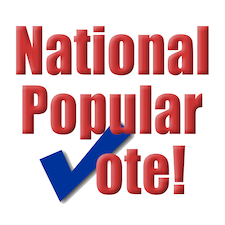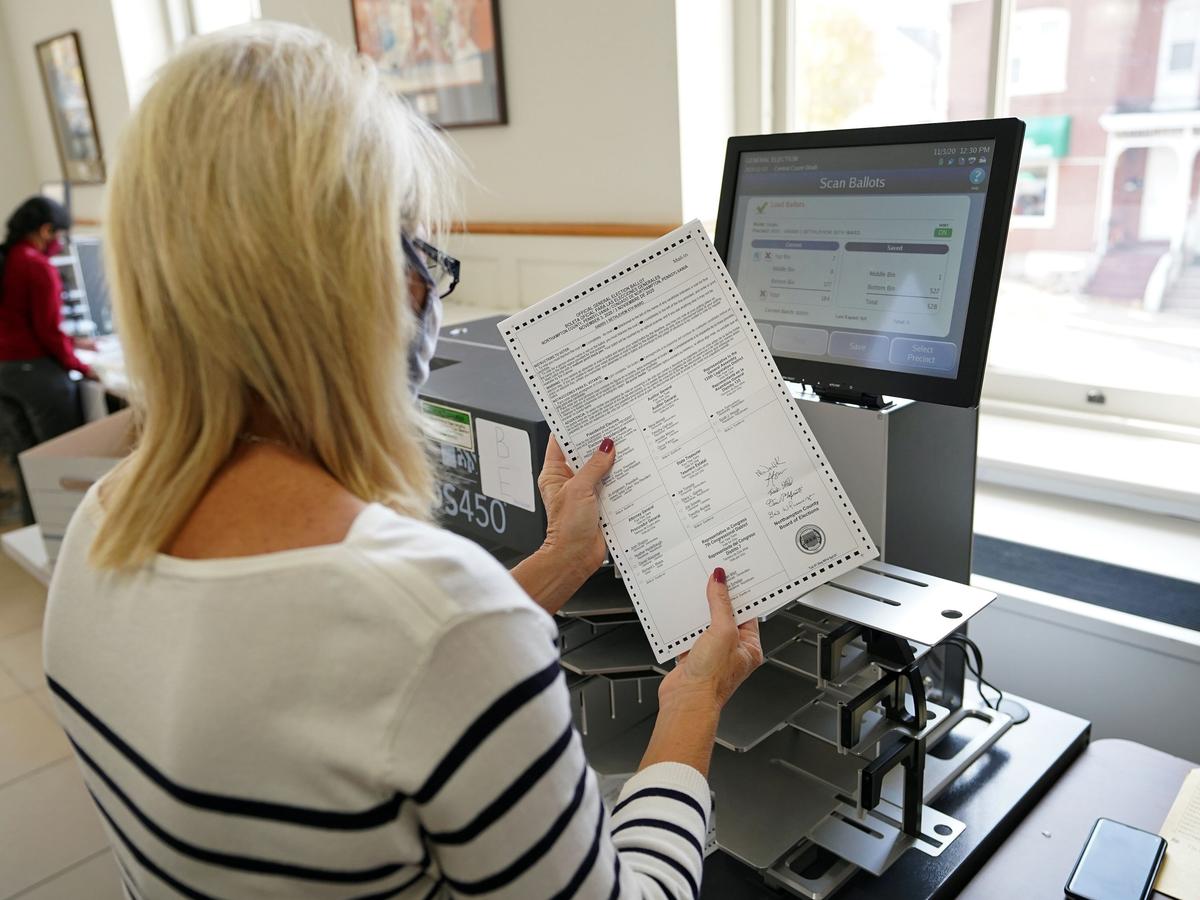This seemed like a logical inference in your head?I'll bet you thought the elections in the occupied territories of Ukraine were free and fair.
Colleges
- AAC
- ACC
- Big 12
- Big East
- Big Ten
- Pac-12
- SEC
- Atlantic 10
- Conference USA
- Independents
- Junior College
- Mountain West
- Sun Belt
- MAC
- More
- Navy
- UAB
- Tulsa
- UTSA
- Charlotte
- Florida Atlantic
- Temple
- Rice
- East Carolina
- USF
- SMU
- North Texas
- Tulane
- Memphis
- Miami
- Louisville
- Virginia
- Syracuse
- Wake Forest
- Duke
- Boston College
- Virginia Tech
- Georgia Tech
- Pittsburgh
- North Carolina
- North Carolina State
- Clemson
- Florida State
- Cincinnati
- BYU
- Houston
- Iowa State
- Kansas State
- Kansas
- Texas
- Oklahoma State
- TCU
- Texas Tech
- Baylor
- Oklahoma
- UCF
- West Virginia
- Wisconsin
- Penn State
- Ohio State
- Purdue
- Minnesota
- Iowa
- Nebraska
- Illinois
- Indiana
- Rutgers
- Michigan State
- Maryland
- Michigan
- Northwestern
- Arizona State
- Oregon State
- UCLA
- Colorado
- Stanford
- Oregon
- Arizona
- California
- Washington
- USC
- Utah
- Washington State
- Texas A&M
- Auburn
- Mississippi State
- Kentucky
- South Carolina
- Arkansas
- Florida
- Missouri
- Ole Miss
- Alabama
- LSU
- Georgia
- Vanderbilt
- Tennessee
- Louisiana Tech
- New Mexico State
- Middle Tennessee
- Western Kentucky
- UTEP
- Florida International University
High School
- West
- Midwest
- Northeast
- Southeast
- Other
- Alaska
- Arizona
- California
- Colorado
- Nevada
- New Mexico
- Northern California
- Oregon
- Southern California Preps
- Washington
- Edgy Tim
- Indiana
- Kansas
- Nebraska
- Iowa
- Michigan
- Minnesota
- Missouri
- Oklahoma Varsity
- Texas Basketball
- Texas
- Wisconsin
- Delaware
- Maryland
- New Jersey Basketball
- New Jersey
- New York City Basketball
- Ohio
- Pennsylvania
- Greater Cincinnati
- Virginia
- West Virginia Preps
ADVERTISEMENT
Install the app
How to install the app on iOS
Follow along with the video below to see how to install our site as a web app on your home screen.
Note: This feature may not be available in some browsers.
You are using an out of date browser. It may not display this or other websites correctly.
You should upgrade or use an alternative browser.
You should upgrade or use an alternative browser.
Pennsylvania sheriff deploys deputies to ballot drop boxes. Citizens questioned as the drop off their ballots.
- Thread starter lucas80
- Start date
This makes a perfectly reasonable case for the idea that we should change to a popular vote election for POTUS, which is an entirely different issue than what’s being discussed here.With the current system a lot of states are ignored as well
Map of General-Election Campaign Events and TV Ad Spending by 2020 Presidential Candidates
2020 General-Election Campaign Events Were Concentrated on a Dozen or so Closely Divided Battleground States
12 states have received 96% of the 2020 general-election campaign events (204 of 212) by the major-party presidential and vice-presidential candidates (August 28 to November 3, 2020).
All of the 212 events were in just 17 states, meaning that 33 states and the District of Columbia did not receive any general-election campaign events at all.
Pennsylvania received 47 general-election campaign events -- the most of any state and 22% of the total. Florida received 31 events -- 15% of the total. Together, Pennsylvania and Florida received three-eighths of the entire presidential campaign.
FairVote created the database and this map of campaign activity. Click here to see details of the candidates' visits to various states. The map shows, by state, the number of campaign events starting on August 28, 2020 (the day after the end of the Republican National Convention) and ending on Tuesday November 3, 2020 (Election Day).

The reason why voters in only a handful of states matter in presidential races is that almost all states award all of their electoral votes to the candidate who gets the most votes inside the state. Because of these state winner-take-all laws, candidates have no reason to pay attention to voters unless they live in a state where the race is within a few percentage points.
Despite the pandemic, the total of 212 events in 2020 equaled 84% of the total number of events in 2012 -- the most recent election involving an incumbent President and Vice President.
The situation was similar in 2016 when 94% of the general-election campaign events (375 of the 399) were in a dozen states. Also, two-thirds of the events were in just 6 states (OH, FL, VA, NC, PA, MI).
And, the situation was similar in 2012. In 2012, 100% of the 253 events were in just 12 states. Two-thirds of the general-election campaign events were in four states (OH, FL, VA, IA).

Map of General-Election Campaign Events and TV Ad Spending by 2020 Presidential Candidates
2020 General-Election Campaign Events Were Concentrated on a Dozen or so Closely Divided Battleground States 12 states have received 96% of the 2020 general-election campaign events (204 of 212) by the major-party presidential and vice-presidential candidates (August 28 to November 3, 2020). All...www.nationalpopularvote.com
It does absolutely nothing to help the argument that popular vote results prove Democrats are the majority party. In fact, it does exactly the opposite and strengthens my point that we have no way of knowing who would win a popular vote election compared to an Electoral College election.
Last edited:
I mean, I guess, but it says some really shitty things about independents then.Is there, just possibly, another side to the coin?
My guess is that Pennsylvania's Republican controlled state legislature likely could not come to any sort of agreement with their democratic governor.

1.4 million Pennsylvanians asked to vote by mail. Here’s what that means for Election Week 2022 counting.
Officials from some of the state’s biggest counties expect to be finished tabulating mail ballots by the day after the Nov. 8 election.
The fact is we don't know what would happen if the electoral college were eliminated except that everyone's vote would matter. I think that would be a positive change. I believe Republicans are more resistant to the idea because they don't believe they could win without the electoral college.This makes a perfectly reasonable case for the idea that we should change to a popular vote election for POTUS, which is an entirely different issue than what’s being discussed here.
It does absolutely nothing to help the argument that popular vote results prove Democrat are the majority party. In fact, it does exactly the opposite and strengthens my point that we have no way of knowing who would win a popular vote election compared to an Electoral College election.
Well you’re easily boggled, so there is that.It boggles the mind.
It's not illegal to drop off someone else's ballot. You know that, right?“He just asked if those were our ballots and we said ‘yes’.”
Wow. This deputy is a real-life Hans Landa.
In Pennsylvania it’s only legal to drop off someone else’s ballot if that person has a disability and then it must be designated in writing.It's not illegal to drop off someone else's ballot. You know that, right?
The bigger the county, the better and faster the equipment works and with many more workers in Penna. I don't see any large delay even though the numbers will be larger than 18 and 20.
1.4 million Pennsylvanians asked to vote by mail. Here’s what that means for Election Week 2022 counting.
Officials from some of the state’s biggest counties expect to be finished tabulating mail ballots by the day after the Nov. 8 election.www.spotlightpa.org
I agree. No matter how logical or comforting one might find it, that is something that would hopefully need to be codified before it's put into action.Law enforcement shouldn't be questioning people dropping off ballots unless they have some probable cause that a crime is being committed. That's a pretty simple concept.
GFY. Stupid MAGA.Well you’re easily boggled, so there is that.
And you’ve got a limited repertoire of snappy responses too. 😉GFY. Stupid MAGA.
Similar threads
- Replies
- 2
- Views
- 83
- Replies
- 198
- Views
- 2K
- Replies
- 2
- Views
- 59
- Replies
- 5
- Views
- 225
- Replies
- 5
- Views
- 192
ADVERTISEMENT
ADVERTISEMENT

